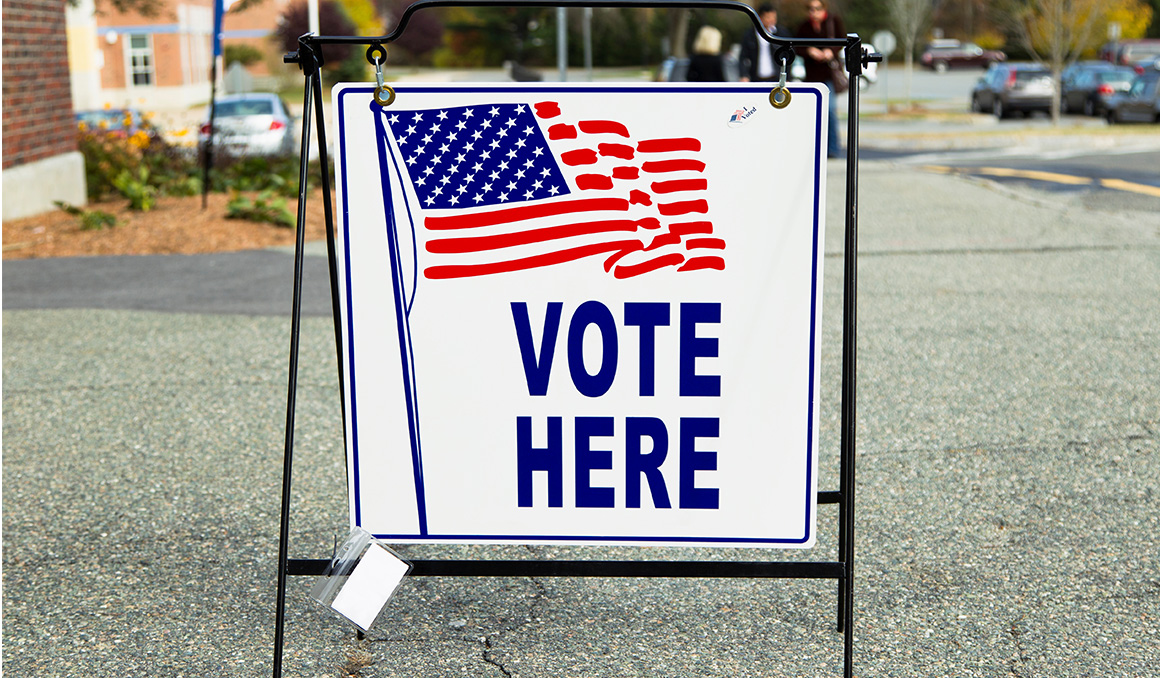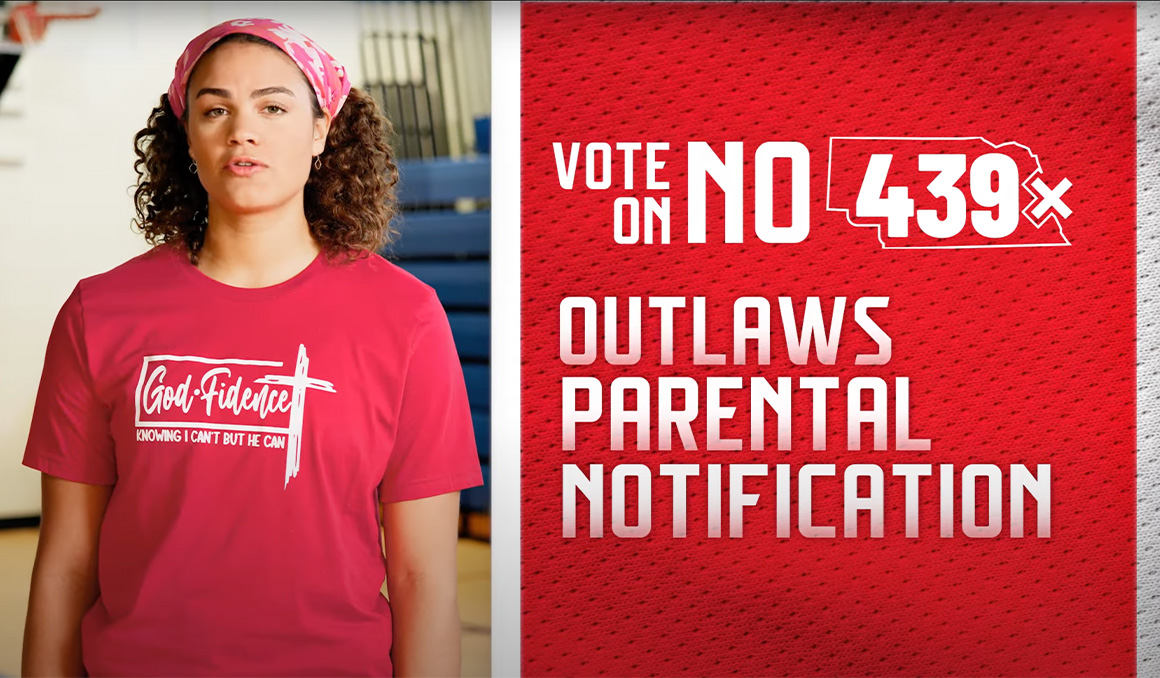Fri Oct 25, 2024 - 8:00 am EDTFri Oct 25, 2024 - 9:10 pm EDT
(LifeSiteNews) — Jesus, speaking to the crowd in the Gospel, notes that they can read the signs in weather patterns but fail to read the signs of the times. (Luke 12:54-59) We do not need to look very far in our own day to see that there is a moral collapse happening all around us.
Men and women of this age are making wrong choices and experiencing the consequences. The signs of the times are evident. However, there is another way, the Way of the Lord Jesus. As baptized Christians, we are all sent to change the climate of this age through proclaiming the Gospel of Jesus Christ.
However, we also need to look in our own lives to see the effects of wrong choices. We need to honestly acknowledge the struggle we face as we try to choose to follow the Lord – but often choose against Him. The struggle is to do what is good – even though we know it is right.
That is the struggle against sin. That struggle is a part of being a Christian and, when recognized and engaged in, can actually end up strengthening us for our mission. That is, if we learn to rely on God’s grace.
St. Paul expressed the struggle in his letter to the Roman Christians:
“Brothers and sisters: I know that good does not dwell in me, that is, in my flesh. The willing is ready at hand, but doing the good is not. For I do not do the good I want, but I do the evil I do not want. Now if I do what I do not want, it is no longer I who do it, but sin that dwells in me. So, then, I discover the principle that when I want to do right, evil is at hand.
For I take delight in the law of God, in my inner self, but I see in my members another principle at war with the law of my mind, taking me captive to the law of sin that dwells in my members. Miserable one that I am! Who will deliver me from this mortal body? Thanks be to God through Jesus Christ our Lord! (Romans 7: 18-25)”
This struggle against sin is waged daily and engages our human freedom, the exercise of our human choice. There is a problem: Our freedom has been fractured by sin. It can only be healed by God’s grace. To progress in authentic freedom calls for our constant vigilance in prayer and responding to the Lord’s regular communication of His Divine Life, His grace.
One of the truths of life in this world is that what we choose determines who we become. Choosing not only has consequences outside of us, it changes us. This is what we call the moral life. The Catechism of the Catholic Church addresses human choice in these insightful words: “The more one does what is good, the freer one becomes. There is no true freedom except in the service of what is good and just. The choice to disobey and do evil is an abuse of freedom and leads to ‘the slavery of sin.’ (Cf. Rom 6:17)” (CCC#1733)
When we make good choices we can begin to learn to develop the habits that form Christian character, by cooperating with God’s grace. Conversion of life is an ongoing process. In his encyclical on the moral life entitled The Splendor of Truth (Veritatis Splendor), St. John Paul responded to the call of the Second Vatican Council to re-root Catholic moral teaching within the Bible, which is the “soul of theology.” (Dei Verbum #24)
In the first chapter, he used the Lord’s encounter with the rich young man to present a moral theology of choice. It was not the man’s possessions that made him choose to say no to the Lord’s invitation. It was his disordered relationship to them that impeded his exercise of freedom.
The possessions possessed him. He went away sad.
Through this encounter, Saint John Paul II explains the path to proper human development and formation of conscience.
Two years after issuing The Splendor of Truth, John Paul released another encyclical letter entitled Evangelium Vitae (The Gospel of Life). It continued his work of laying a firm foundation for a proper understanding of the meaning and implications of human choice.
In that letter, he discussed the threats against the dignity of human life that have been caused by the redefinition of the word freedom, what he called a “counterfeit notion of freedom.”
Part three of the Catholic Catechism is entitled “Life in Christ.” It reminds us that the vocation of man and woman is to beatitude, which can also be translated as happiness. It treats the morality of human acts, the role of the passions, proper formation of the conscience, the cultivation of the virtues, and the rejection of sin. In explaining the morality of human acts, the Catechism offers a profound insight concerning the wrong exercise of freedom: “Mortal sin is a radical possibility of human freedom, as is love itself.”
Authentic human freedom can never be realized in decisions made against God and against what is good. That is because our human freedom is, according to the Catechism, “patterned on God’s freedom.” The Catechism quotes John Paul’s letter on the moral life, The Splendor of Truth, to help us understand.
“Patterned on God’s freedom, man’s freedom is not negated by his obedience to the divine law; indeed, only through this obedience does it abide in the truth and conform to human dignity. This is clearly stated by the Council: ‘Human dignity requires man to act through conscious and free choice, as motivated and prompted personally from within, and not through blind internal impulse or merely external pressure. Man achieves such dignity when he frees himself from all subservience to his feelings, and in a free choice of the good, pursues his own end by effectively and assiduously marshalling the appropriate means.'” (VS #42)
The New Testament is filled with examples of this connection between what we choose and who we become as a result. For example, we become adulterers when we look at a woman with lust (Mt. 5:28); what comes out of our “heart” (the biblical meaning of heart is that center of our moral personality, where freedom is exercised, human choices are made, and character is formed) is what makes us “unclean” (Mk 7:14-23).
The capacity to make choices reflects the Imago Dei, the Image of God, present within each one of us. The Fathers of the Second Vatican Council wrote in their document on the mission of the Church: “Authentic freedom is an outstanding manifestation of the divine image within man.” (GS #17) Freedom must be exercised in reference to the truth.
That is why growth in true freedom requires a relationship with the God Who is its source and the Savior, Who alone can set us free from the law of death of which St. Paul writes. Jesus addressed this connection between freedom and truth: “If you remain in My word, you will truly be My disciples, and you will know the truth, and the truth will set you free.” (John 8:31)
In The Splendor of Truth, St. John Paul warned of the “death of true freedom.” (#40) In The Gospel of Life, he wrote of freedom’s “essential link with truth” and “inherently relational dimension.” (#19) In a later encyclical letter on faith and reason, Fides et Ratio, he wrote:
“It is not just that freedom is part of the act of faith: it is absolutely required. Indeed, it is faith that allows individuals to give consummate expression to their own freedom. Put differently, freedom is not realized in decisions made against God.
For how could it be an exercise of true freedom to refuse to be open to the very reality which enables our self-realization? Men and women can accomplish no more important act in their lives than the act of faith; it is here that freedom reaches the certainty of truth and chooses to live in that truth.” (#13)
Let us consciously reflect on our own choices today. What informs our daily decisions? Do we seek to inform the exercise of our freedom with the truth? Are we aware of the effect of sin in our daily lives? Are we struggling against it and taking advantage of every opportunity to receive God’s grace?
What are we choosing and who are we becoming as a result? As we repent of our sin and prepare to receive the Eucharist at every Holy Mass, let us ask the Lord to come and take up residence within us. Then, as we receive Him at the altar, let us ask Him to heal our fractured freedom so that we can choose Him and His ways.
Your support makes stories like this possible!
LifeSiteNews is completely donor supported, allowing us to report on what truly is happening in the world, free of charge and uncensored. A donation to LifeSite will ensure millions around the world can continue to come to our site to find the truth people are so desperately searching for on life, faith, family and freedom.

 By LifeSiteNews (Faith) | Created at 2024-10-29 18:15:15 | Updated at 2024-10-30 11:34:53
4 days ago
By LifeSiteNews (Faith) | Created at 2024-10-29 18:15:15 | Updated at 2024-10-30 11:34:53
4 days ago



